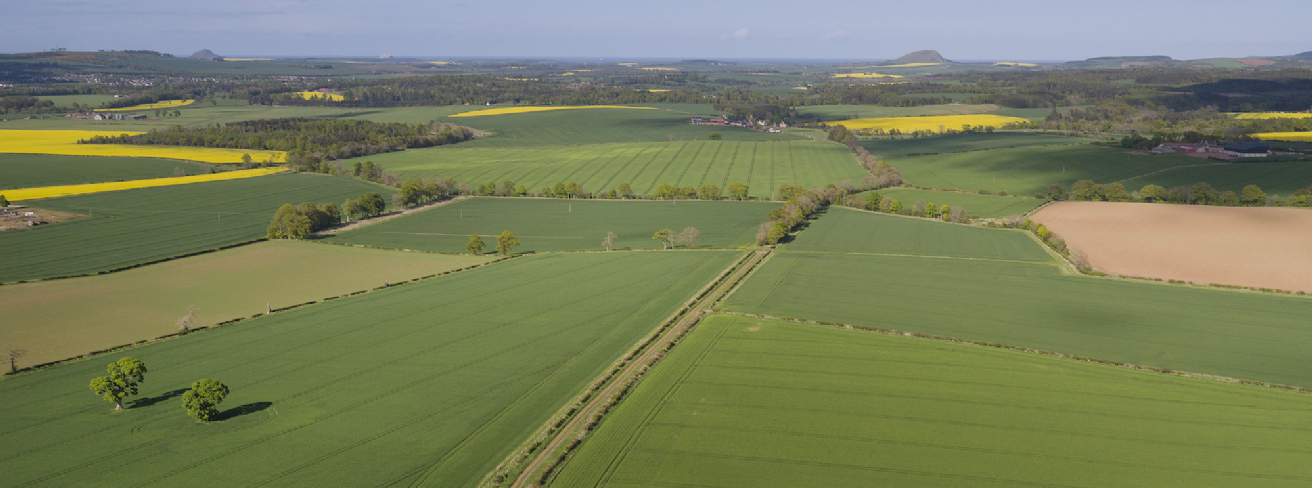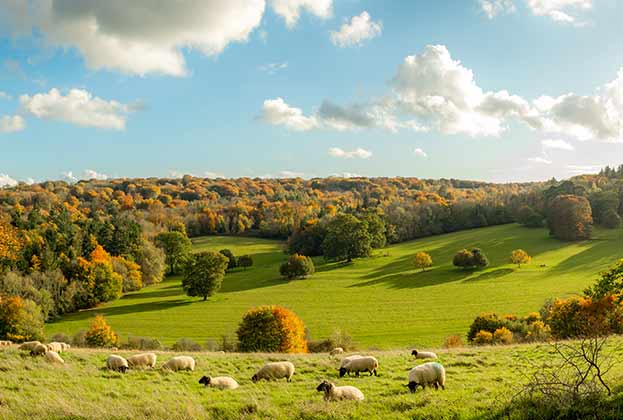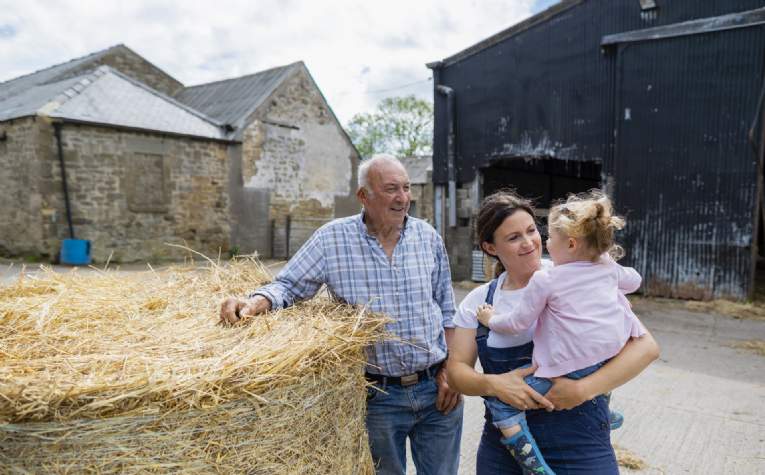Selling your farm is often a once in a lifetime decision, so it is understandable that some sellers are cautious about doing so, particularly in today’s unpredictable market. There are always a number of uncontrollables when it comes to a sale, hence proactive planning, preparation and a targeted sales and marketing strategy are vital.
The good news for would-be sellers is that we are seeing pent-up demand for farmland of all types across Britain – and from three distinct groups of buyers.
The first includes lifestyle farmers in search of the good life and residential, amenity properties at all scales. The second is the environmentally driven buyer exploring natural capital opportunities. And the third is the traditional farmer looking for good quality commercial farms to expand or for relocation.
While private sales were on the up last year (increasing by 71 per cent across Britain compared with 2019), the lion’s share of farmland continues to be advertised on the open market. Only around 15,000 acres of farmland were publicly advertised for sale during the first quarter of the year, and just 5,486 of those were in Scotland.
Such record levels of low supply are limiting choice for motivated buyers and creating competition for good farms for sale in the short to medium term. Farmers considering selling may wish to take advantage of the current demand and supply imbalance. Sellers can give themselves the best chance of success by doing the following in order to ‘control the controllables’.
- Find out who is in the market for your type of farm and the best way of reaching them. Points to discuss with potential agents include: do they have sufficient market knowledge and the local, national and even international reach to ensure that your farm is seen by all prospective buyers? Is the property likely to attract buyers from further afield, in which case what is the appropriate online marketing strategy, and what arrangements will be put in place for virtual viewings in the light of travel restrictions? And what is the most effective pricing strategy? Should your land be lotted to suit the many different types of buyers currently in the market? Should it be publicly advertised in order to create strong competition or placed privately?
- Many farm sales are won or lost by first impressions, so it pays to do the basics: ensure properties are well presented, ensure buildings are clean and tidy, verges and hedgerows are cut as permitted, check fencing and repair where necessary and check gates are properly hung.
- Continue farming as though you were staying: sow arable crops as normal – you can be compensated later or add a holdover clause to the farm sale agreement – and allow grass to flourish, adding nitrogen and reducing livestock numbers.
- If your property has issues with rights of way, private water supplies or local developments, be open and upfront from the start. Buyers are less likely to lose confidence in your farm if you’ve made them aware of everything they need to know before they decide to buy your property.
- The importance of gathering paperwork early should not be underestimated. Ensuring that legal and compliance matters are addressed early will highlight any potential stumbling blocks, giving you the opportunity to mitigate these in order to avoid a price chip down the line, or a buyer simply walking away.
- Depending on your holding, useful documents could include: five years of cropping records, three years of yield records, soil testing documents to show your land remains fertile and fresh, lambing percentages, calving rates, milk yields average per cow and drainage improvement records. And if you have been lucky enough to have been awarded for performance, conservation or other noteworthy achievements, dig out your certificates and show them to potential buyers.
Effectively, what could be done is an endless list: you could spend thousands of pounds on re-fencing, drainage, road re-surfacing and property upgrades. Will this make the farm easier to sell? Maybe. Will you recuperate the investment in the final sale price? Unlikely. Therefore look at what you can control – in other words, what should be done to ensure your property reaches the widest audience, makes an immediate impression on viewers and allows a sale to proceed as smoothly as possible.
Further information
Contact Harriet Cross or Charlie Paton

.jpg)
.jpg)
.jpg)
.jpg)

.jpg)


.jpg)
.jpg)